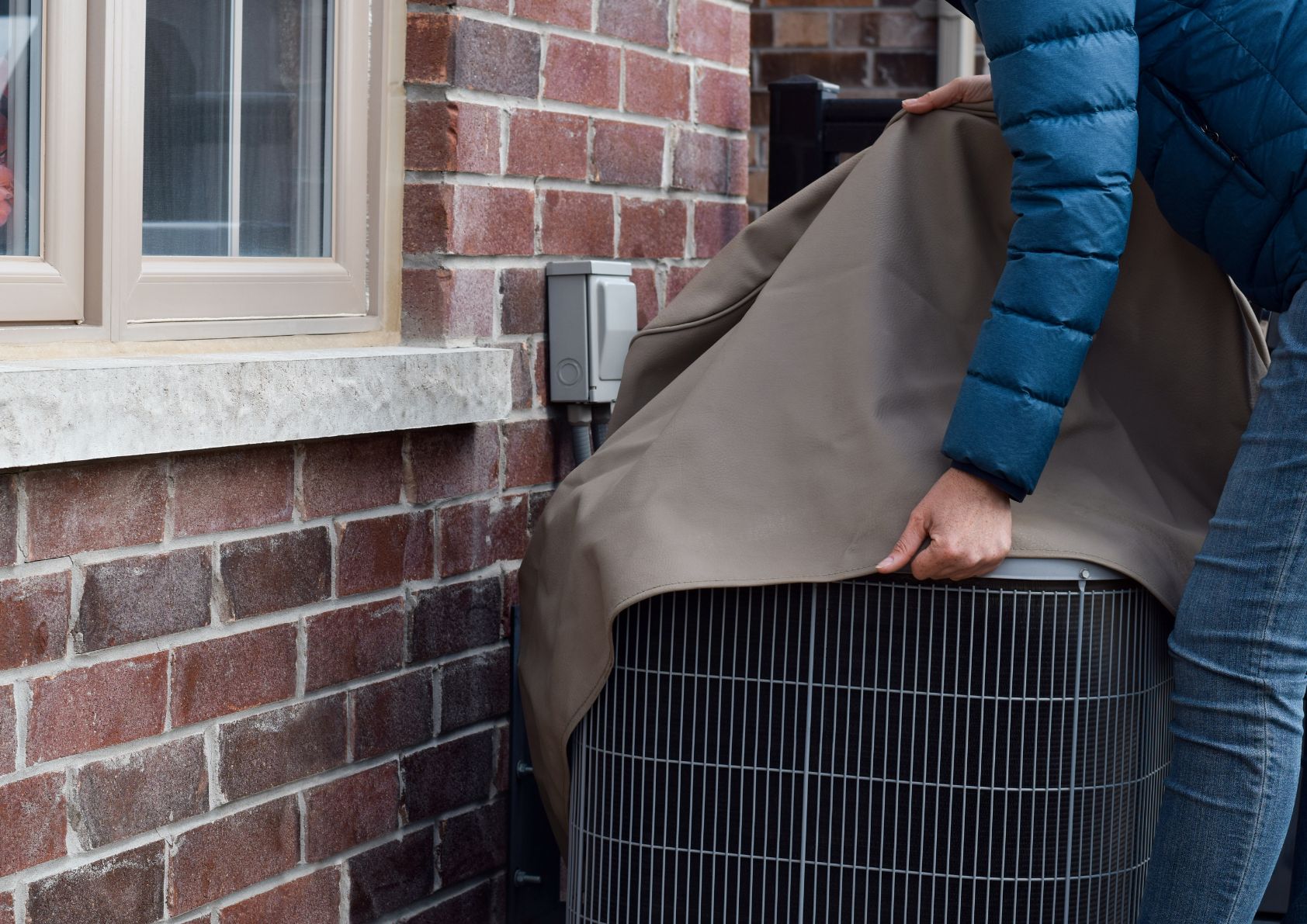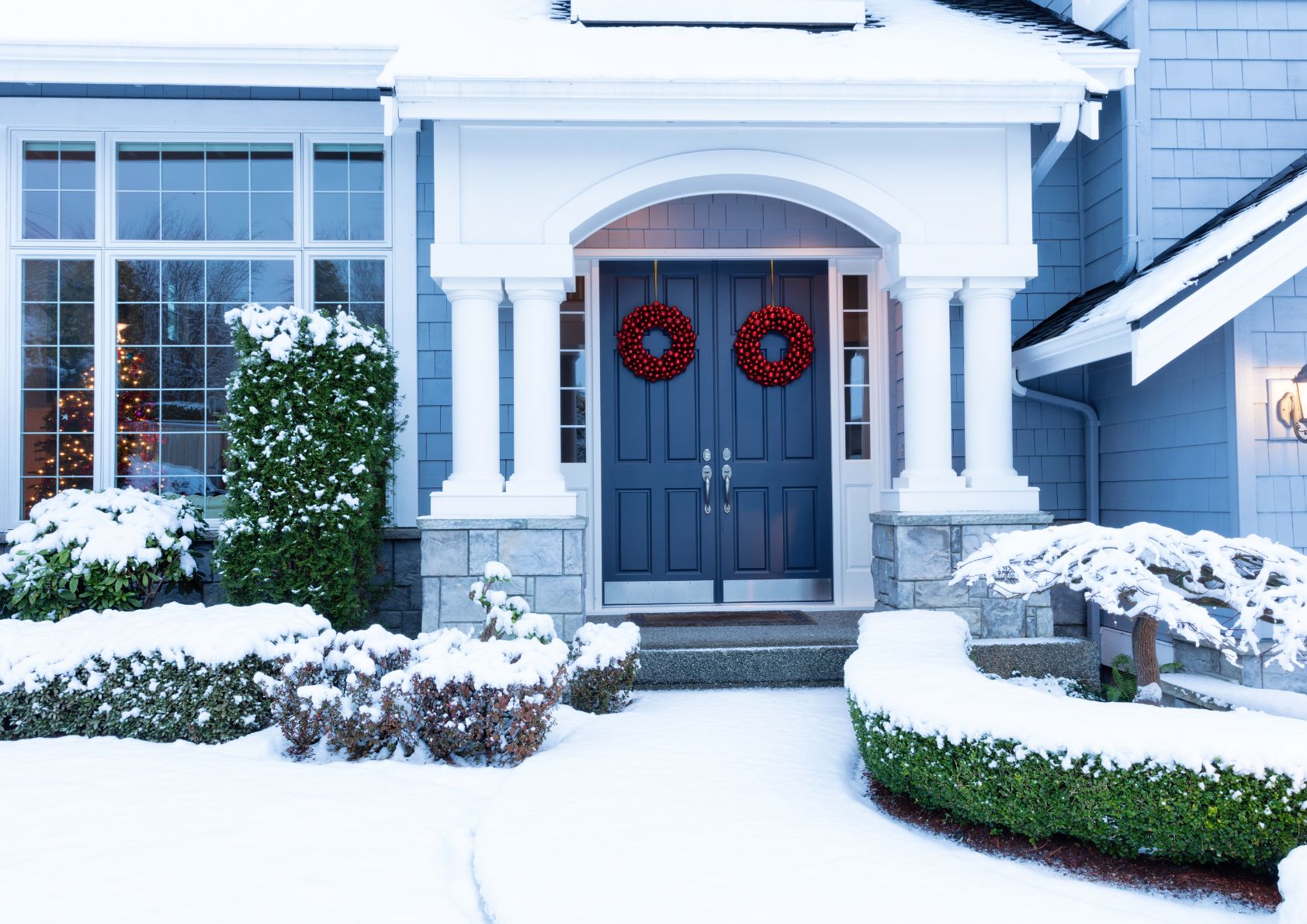Introduction
Buying a home in winter offers unique opportunities, but it also comes with its own set of challenges. Cold-weather house hunting reveals different aspects of a home, from how well it holds heat to the performance of its heating systems. This guide covers the essential factors to consider when buying a home in winter, ensuring you make a smart investment even in the chillier months.
Inspecting the Home’s Heating and Insulation
Winter’s cold temperatures offer the perfect opportunity to evaluate a home’s insulation and heating systems. Pay close attention to how quickly the home warms up and whether any rooms feel drafty. Ask the seller for recent utility bills to get a sense of the home’s energy efficiency and ensure the heating system is up-to-date and well-maintained.

Examining the Roof and Gutters for Cold-Weather Durability
Winter can be tough on roofs and gutters, making it essential to inspect these areas closely. Look for signs of damage, such as missing shingles or clogged gutters, as these can lead to costly repairs. A roof inspection will ensure you won’t have to worry about unexpected leaks or other weather-related issues once you move in.
- Supporting Data: According to the National Association of Realtors, roof repairs are one of the most costly issues homebuyers encounter, making a pre-purchase inspection critical.
Evaluating Windows and Doors for Energy Efficiency
Winter weather can expose issues with windows and doors that might go unnoticed in warmer months. During your visit, check for drafts or cold spots around windows and doors, which can indicate poor insulation. Investing in a home with energy-efficient windows can help you save significantly on heating costs over time.
Considering Accessibility and Driveway Maintenance
Snow and ice can make certain driveways and pathways challenging, so evaluate how easy it is to access the home during winter conditions. Look for a driveway that’s easy to clear or has been treated for traction. If the property has stairs or steep paths, make sure they are well-maintained and accessible for winter safety.

Cold-Weather Curb Appeal and Landscaping
While curb appeal is usually associated with spring or summer, it’s still an essential factor in winter. Take note of how the property looks in winter months, from evergreen trees to the condition of paths and driveways. A property that maintains curb appeal in winter is more likely to retain its charm year-round.
Conclusion
Buying a home in winter provides unique insights into a property’s performance under cold-weather conditions, from heating efficiency to curb appeal. With these tips, you can make a more informed decision and ensure your new home will keep you comfortable year-round. Ready to start your search? Contact a real estate professional today to find your perfect winter home.

